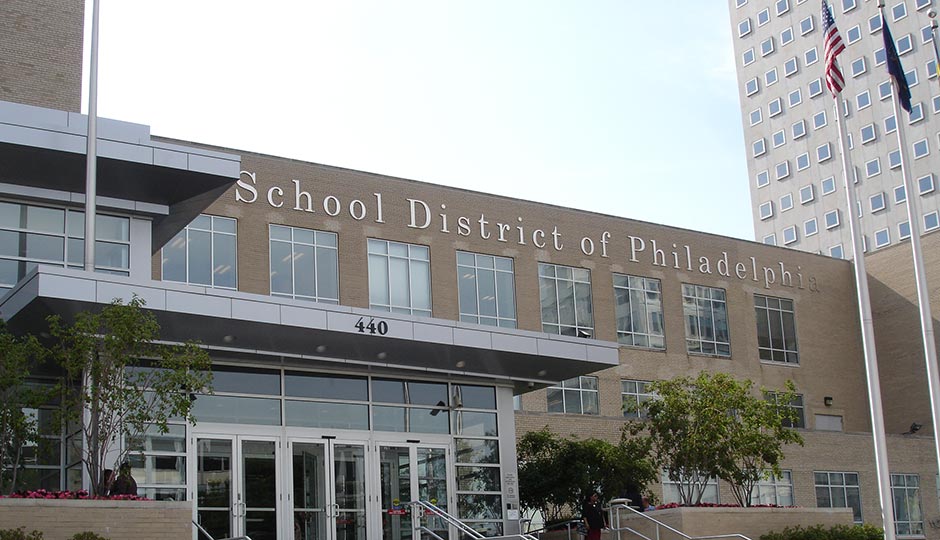Follow @joelmmathis on Twitter.
3 Things to Know About Philly’s Schools Budget

Photo | It’s Our City via Flickr / Creative Commons
Money was on the minds of School Reform Commission members on Thursday. They unveiled their five-year spending plan and approved a $2.8 billion budget for the 2017-18 school year at their meeting.
Here are three things you should know about the plan:
• It assumes that more and more Philadelphia schoolchildren will shift out of district-run schools and into charters: And because of those enrollment declines in the district-run schools — as many as 10,000 students are expected to make the switch, Philly.com reported — officials say they will have to close three of those schools a year starting in 2018.
“That is to offset what we’re seeing, as now, the number of children who would be in charters, based on what’s been approved already,” Superintendent William Hite said.
• But in other ways, it’s optimistic. The five-year plan includes $440 million in new investments to improve literacy, college and career readiness, as well as workforce investment initiatives. The Notebook reports the effort is expected to include hiring counselors and nurses for every school, hiring more literacy coaches, and providing summer “enrichment” opportunities.
“We are at a point where we must be building the high-quality district our children deserve,” Hite said.
And it does that — Mayor Jim Kenney and City Council members will surely like this part — without asking City Hall for any new revenue contributions for the coming school year. Hite: “There’s no ‘ask’ to City Council.”
The other bit of good news? The district expects to end this school year with a $135 million budget surplus.
• Maybe it’s too optimistic, in fact. Philly.com reports that the district’s chief financial officer said the district’s revenues are projected to grow 2.2 percent over five years — short of the expected 4.5 percent rise in costs due to pensions and other factors.
And the revenue projections are based on at least one premise that — as of this week — seems rather unlikely: that Gov. Tom Wolf can deliver education funding at the level he has proposed in his 2016-17 budget. Given that he just allowed the 2015-16 budget to pass with far less ed funding than he’d asked for — and given that the players will all be the same for this next round of budget negotiations — it’s difficult to see a path where that premise becomes reality.
But officials say that information is what they have to work with, KYW reports.
“Part of the issue is, right now there’s only one budget proposal [Governor Wolf’s] out there,” said Uri Monson, the district’s chief financial officer. “There’s no alternative. So we’re going to work off of that.”
One other fiscal challenge for the five-year plan: The cigarette tax dedicated to funding schools sunsets at the end of 2019.
View the full plan here.


